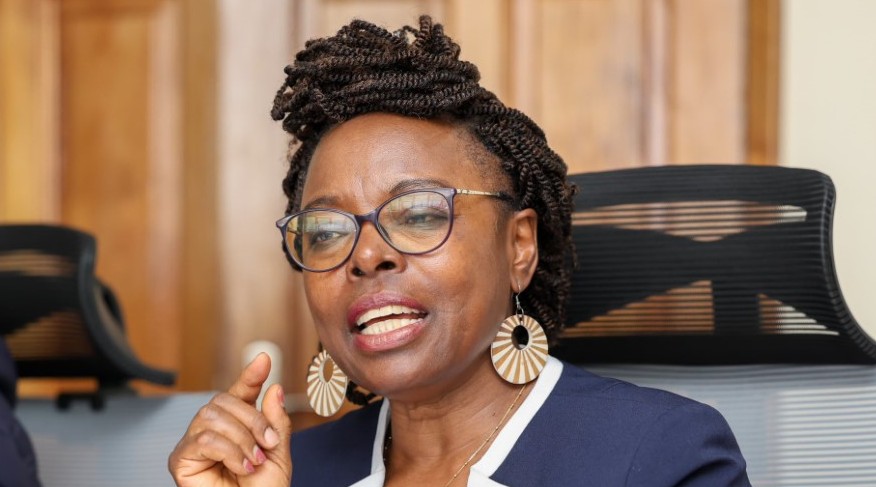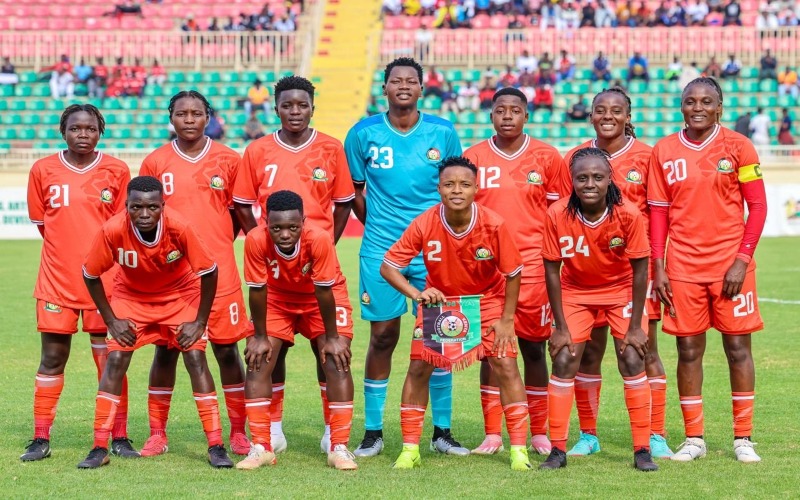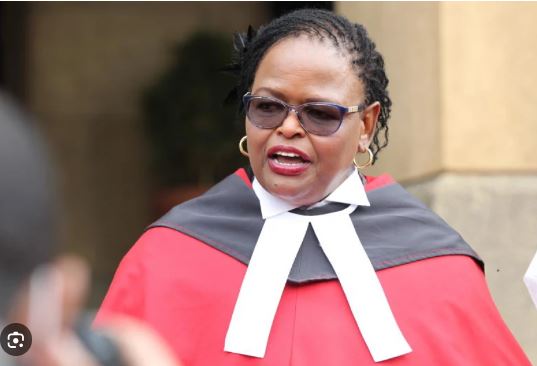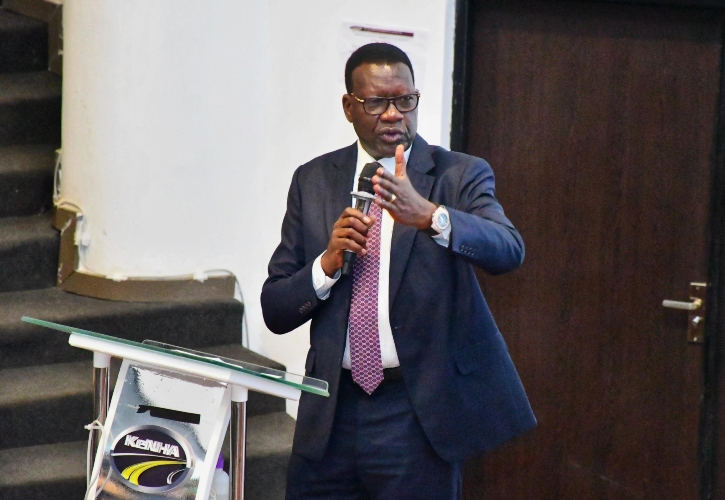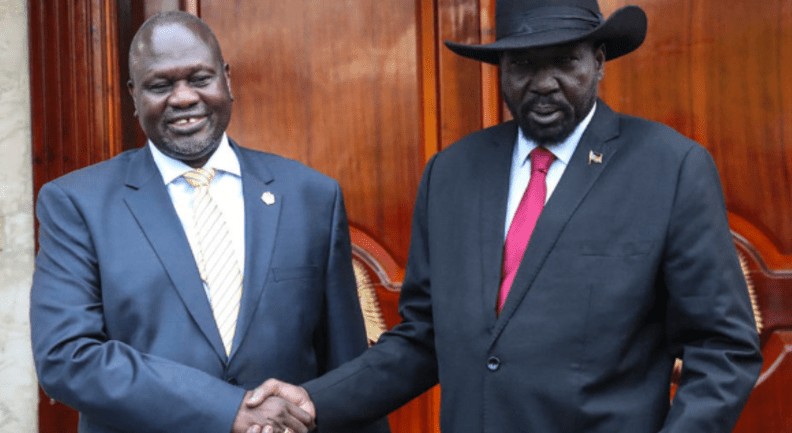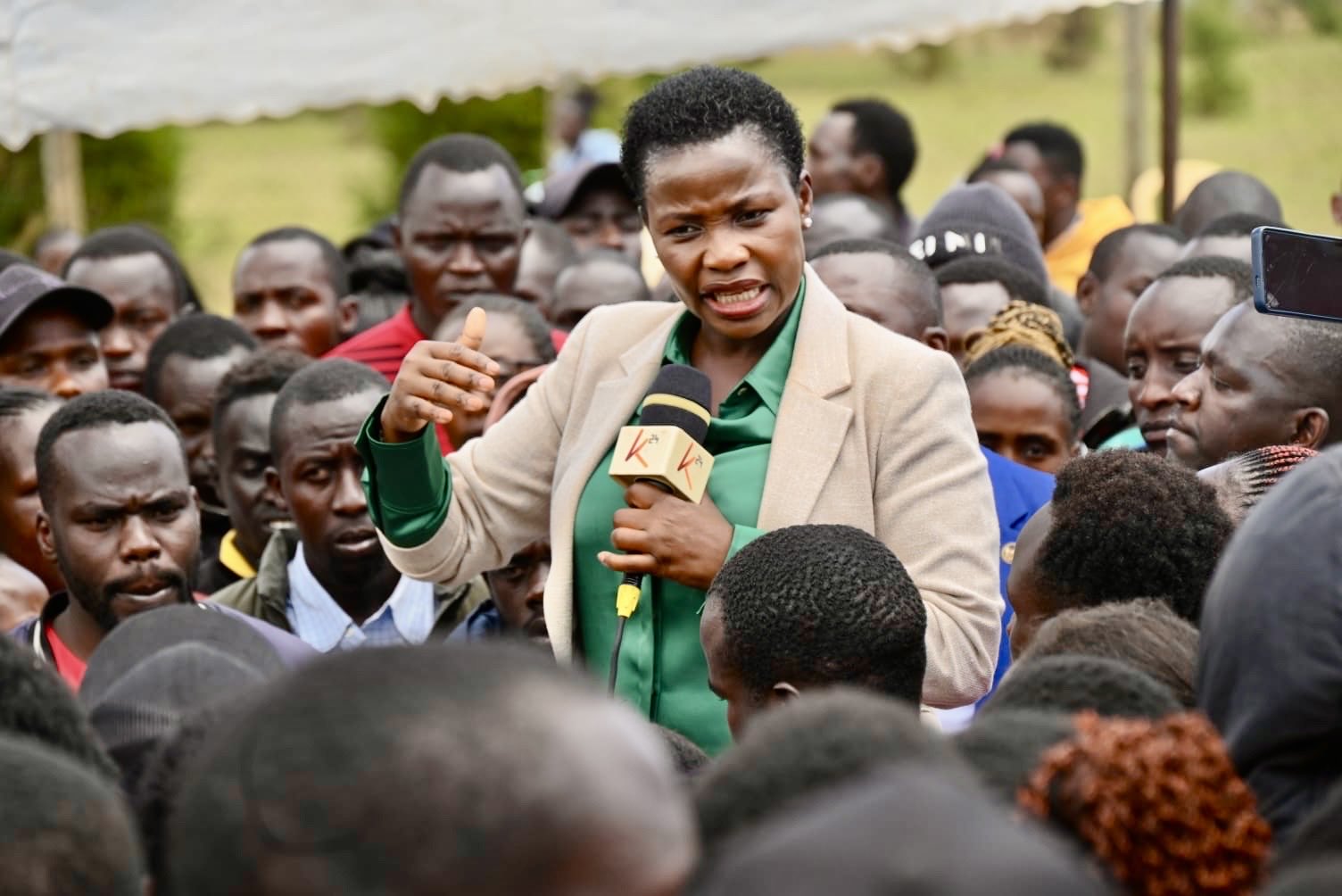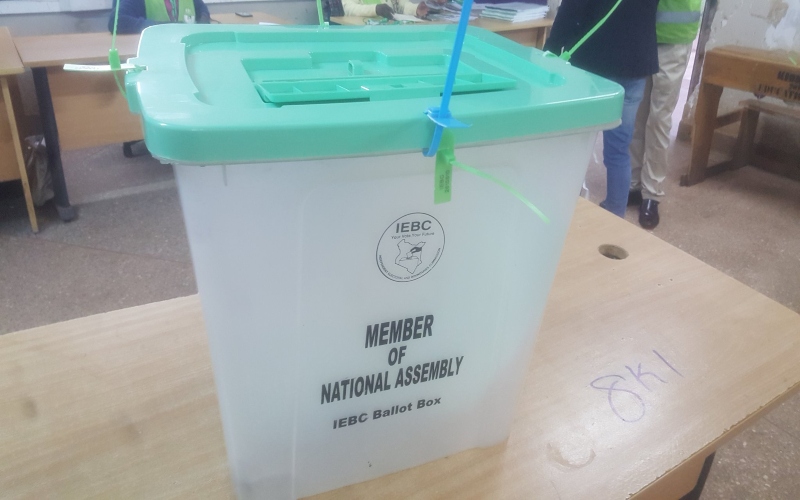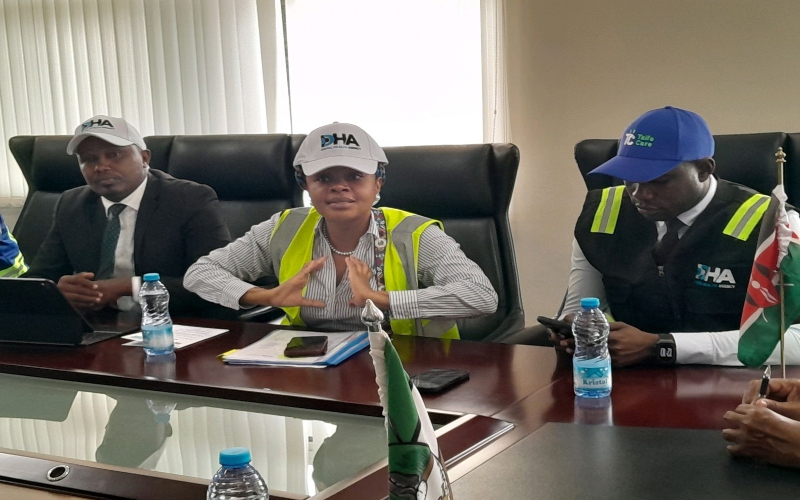2024: A year of impeachments and how Kenya’s political landscape was tested
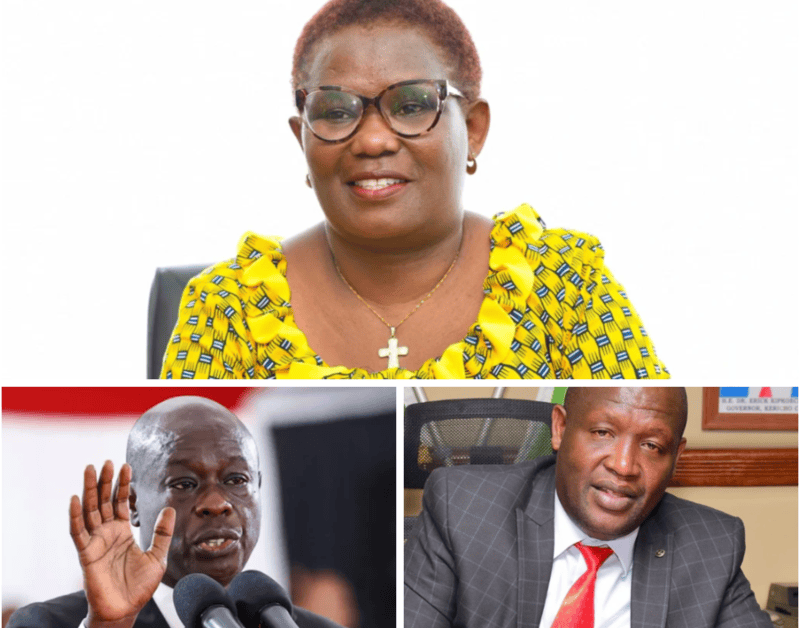
Among the most notable cases were those of former Deputy President Rigathi Gachagua and Governors Kawira Mwangaza (Meru) and Erick Mutai (Kericho).
Looking back at 2024, the political landscape was shaken by a series of dramatic impeachment proceedings that tested the resilience of the country's legislative institutions.
The year witnessed a turbulent wave of high-profile removals, spanning from county governors to the Deputy President himself. County assemblies, the National Assembly, and the Senate all faced significant challenges, with politicians either managing to cling to office or succumbing to the political finality of impeachment.
More To Read
- Defections rock Gachagua’s party ahead of by-elections
- Martha Karua says she will serve for only one term if elected president
- Maraga rules out working with President Ruto, open to alliance with Gachagua
- Impeachment storm hits Nairobi as MCAs collect signatures to oust Governor Sakaja, deputy Muchiri
- Governor Erick Mutai breaks silence after surviving impeachment
- Watch: Governor Erick Mutai’s impeachment trial enters third day
Among the most notable cases were those of former Deputy President Rigathi Gachagua and Governors Kawira Mwangaza (Meru) and Erick Mutai (Kericho).
Rigathi Gachagua: The first deputy president to be impeached
Perhaps the most shocking development of 2024 was the impeachment of Rigathi Gachagua as Deputy President. On October 18, 2024, Gachagua made history as the first Kenyan Deputy President to be removed from office.
The impeachment stemmed from allegations of undermining the judiciary, abuse of office, and irregular wealth acquisition. The motion was initiated by Kibwezi West MP Mwengi Mutuse and passed by the National Assembly with 281 MPs voting in favour, 44 against, and one abstention.
Despite attempts by Gachagua’s legal team to delay the Senate proceedings, citing his ill health, the hearings went ahead. After two days of deliberations, the Senate upheld his impeachment, marking a historic moment in Kenyan politics.
These events highlighted the deep political divisions in Kenya and highlighted the complexities of impeachment proceedings, which continue to challenge the country’s legal and political frameworks.
Kawira Mwangaza: Three impeachments in two years
Meru Governor Kawira Mwangaza became a focal point of political turbulence in 2024 after facing her third impeachment attempt in less than two years.
Elected in August 2022 as an independent candidate, Mwangaza’s tenure has been fraught with repeated challenges from county lawmakers. Her first impeachment hearing was determined by a committee, but subsequent attempts went through plenary sessions.
On August 8, 2024, 49 Members of the County Assembly (MCAs) voted in favour of her impeachment, while 17 voted against it. She faced accusations of abuse of office, among other charges.
On October 21, 2024, the Senate deliberated on her removal, with the first charge of gross violation of the Constitution and other laws garnering the support of 26 senators, while 14 abstained, and only four opposed the motion.
On the second charge of gross misconduct, 26 senators again voted for her removal, two opposed, and 14 abstained. Finally, on the third charge of abuse of office, 27 senators upheld the charge, with only one vote against and 14 abstentions. The abstentions revealed deep political divisions, as many of those refraining from voting were allied with opposition parties.
Despite her vigorous denials, Mwangaza’s attempts to defend her administration proved futile. “I travelled across Meru, apologising to anyone I may have wronged. At one point, I said sorry 70 times—69 to each MCA and once to the Speaker,” she recounted during her trial.
Speaker Amason Kingi ultimately announced her removal from office. However, the courts provided a lifeline by suspending the Senate's resolution following her impeachment by the county assembly. The High Court deferred its final ruling on the matter to December 18, 2024, but later pushed it forward.
Erick Mutai: A Narrow Escape
Kericho Governor Erick Mutai narrowly avoided impeachment, thanks to a legal technicality. The Kericho County Assembly had accused him of gross violations of the Constitution, abuse of office, and misconduct, leading to a motion for his removal on October 2, 2024.
However, Mutai’s legal team, led by lawyer Katwa Kigen, argued that the County Assembly had failed to secure the required two-thirds majority for impeachment, noting that only 31 out of 47 MCAs voted for his removal, one short of the necessary 32. Additionally, Kigen highlighted a court order that had barred the Assembly from proceeding with the impeachment.
The Senate eventually rejected the impeachment on procedural grounds, marking a significant political victory for Mutai, despite the serious nature of the charges he faced.
Top Stories Today
